Until I See You Again
Losing someone you love can make you feel alone and helpless. Remember that there are people to support you and the person you lost will forever be with you.
January 11, 2023
Grief, anger, fear, denial, numbness — when losing someone you love, there is no normal way to react. The pain of losing someone is a feeling words cannot describe and cannot ever be fully understood by someone else. It is a pain unique to each individual that I hope those impacted can survive. If you are going through loss, have been through loss, know someone going through loss, or want to learn more about the unpredictable process of grief, there are professionals that can offer support as well as people who have gone through loss who are willing to share their stories: this is exactly what you will find in the contents of this article.
While some may process with close friends/loved ones, some may try to shut those sensitive feelings off and others may want to isolate and deal with it on their own.
— Ms. Melinda Heim
Ms. Melinda Heim (Staff) is the Wellness Specialist at Yorba Linda High School and is also certified as a Grief Recovery Specialist through the Grief Recovery Network. In her professional opinion, “the healthiest way to grieve is to allow support from positive, safe adults. Does that person need to see a counselor? Maybe not. Could they benefit from it? Yes.” As mentioned before, people will have different ways of grieving. Ms. Heim shares that “While some may process with close friends/loved ones, some may try to shut those sensitive feelings off and others may want to isolate and deal with it on their own.”
Opening up and talking about your grieving process is not an easy task, but Holden Mohler (11), a junior at YLHS, has agreed to share insight on his experience after his father’s passing, hoping that someone will be able to relate to and benefit from what he shares. Holden recalls that he had a gut feeling that his dad had passed even before he found out; “no one told us anything but I knew. When I got into the house it was like something I expected.” Once he had heard the heartbreaking news, “I didn’t really believe it. I remember the next morning, I woke up thinking everything was fine but then I remembered what had happened and it was the worst pain… It was terrible.” When asked about the worst parts of the grief, he states that “it came to the point where I never saw him walking down the stairs again or I never went home and got to hug him. That’s when I realized that he was actually gone, which occurred maybe a week or two after. And that was difficult; that was really hard.” In the grieving process, the pain may not peak early on and can take time before it truly sets in.
Aiden Mohler (11), Holden’s twin brother, describes the feeling of “my whole future flashed before my eyes” upon hearing that his father had passed. Following the news, “I think I was kind of in denial for a little bit. I was angry because I was confused why it happened; why it was my family that it happened to.” He found that church camp was able to help him “come to terms with my dad’s passing because before that I was just trying to pretend it wasn’t real.”
Although they are twins and went through the same experience, there were major differences in the way they grieved. Holden’s approach to grief was bottling everything up and attempting to forget about it. Aiden continues to state that “the reason why I didn’t cry as much as he did was because I got all the tears out at the funeral and I had nothing left.” Though there are some differences in their grieving process, they both credit their friends and family, as well as each other, who helped them during that time.
…surround yourself with people that you love, but in the end the only way it’s gonna heal is with time. It doesn’t mean it’s still not gonna hurt, but it’s just gonna hurt a bit less.
— Holden Mohler (11)
To those who are currently going through a loss, Holden offers a few words. “Everyone is going to say the same thing. Everyone’s going to say they are sorry and ‘if there’s anything I can do to help just let me know.’ In reality, no one can really help. I would say just surround yourself with people that you love, but in the end the only way it’s going to heal you is with time. It doesn’t mean it’s still not going to hurt, but it’s just going to hurt a bit less.” As for people on the outside, such as a being a friend to someone who is going through a significant loss, Ms. Heim recommends to “always be supportive, listen, try to make time to spend with that person, but trust the professionals to also step in to help.” Also, as Holden adds, “I would just say be supportive and space is necessary sometimes. It’s different for everyone I would say.”
At YLHS, Ms. Heim has started a Grief or Loss Discussion Group (GOLD group), an 8-week program held in alternating periods each week. She hopes that with the GOLD group, YLHS will have a safe and supportive space where healing can take place. The routine of a typical session “start[s] with a check-in. Then, [we] move into talking about the activity we will be doing that day, sometimes discussing psychoeducation on grief, and then the group members get into partners and share their activity for the day. So really, group members only share their deep feelings with one person, another student who was specifically chosen to be a good fit as [a] partner. Then, we get back together in the big group to do some processing, if they want to share. We end each group with a breathing exercise to transition out of the session and do some affirmations.”
Participating in the GOLD group can be a “powerful, helpful experience for hurting, grieving students.” If you or someone you know is struggling with grief, many schools have dependable and trustworthy counselors and adults who can offer support. Here at Yorba Linda High School, joining the GOLD group may be a good idea. To do so, “the first step is to reach out to your Guidance Counselor, either by email or just come on up to Student Services in person. All referrals to Wellness Specialist support come from the Guidance Counselors. Teachers are also a great resource to our students’ emotional needs, and can also be a huge support if you reach out to them.”
Grief is never easy; there are many people and resources that can help you if you are struggling. The first step is to reach out.



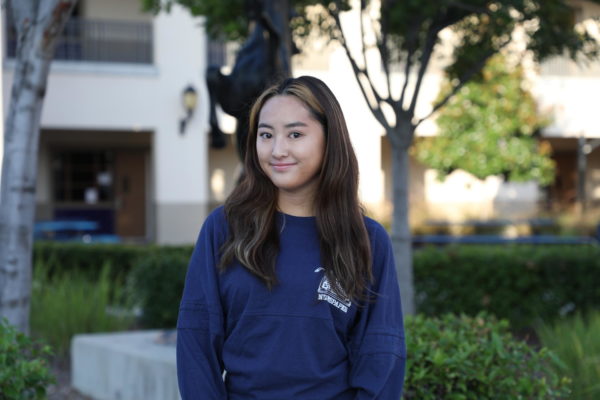










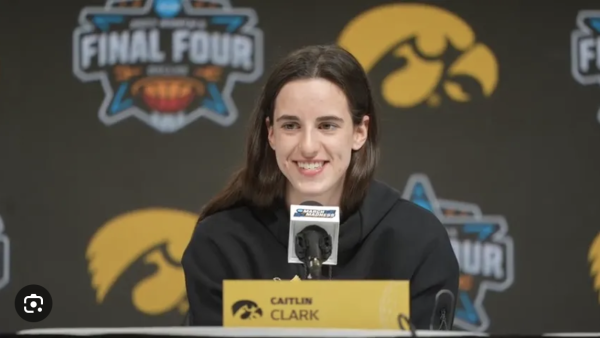
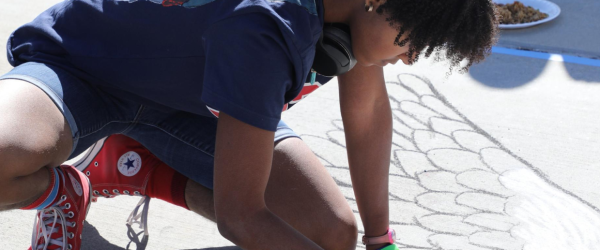


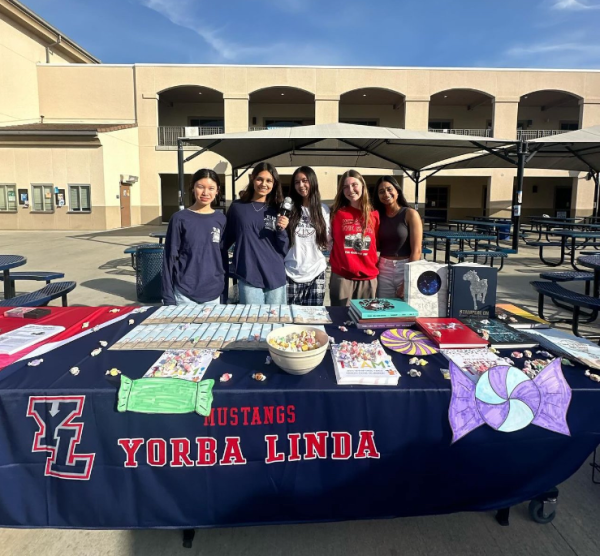

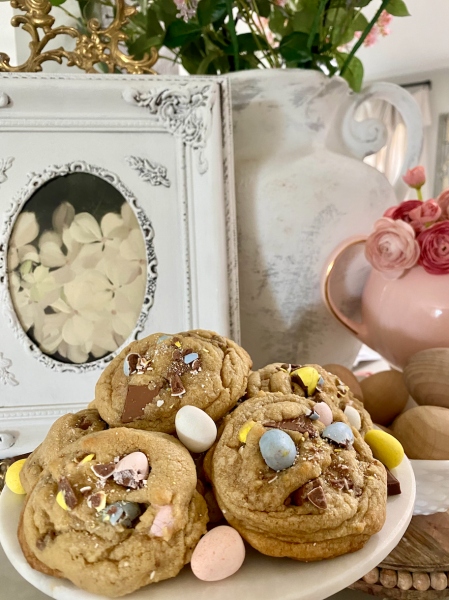

Mrs Heim • Jan 12, 2023 at 12:40 PM
Thank you for addressing this important, sensitive topic. Very well written, Jeanelle! I’m so proud of Aiden and Holden for being honest about their experience, it’s not easy to be so open about the pain we go through. I’m sure your words can be really helpful to others!